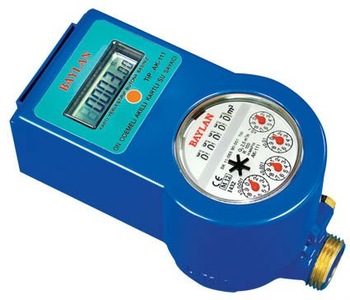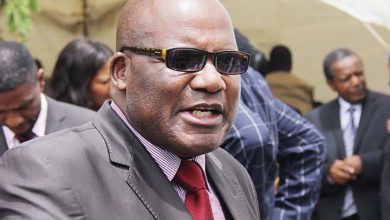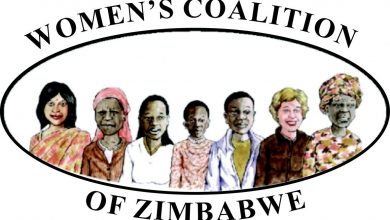Pre-paid water meters are anti-poor: MIHR

The Matabeleland Institute for Human Rights (MIHR) has urged the government and the Zimbabwe National Water Authority (ZINWA) to stop installing prepaid water meters, as they discriminate against the poor in certain communities.
This call comes as MIHR joins other African communities, including civil society organizations, labour organisations, and individual activists, in commemorating the 2022 Africa Water Week, which will be held from October 11 to 14, 2022 under the theme: “African Communities, in Solidarity Against Water Privatisation.”
MIHR, a human rights watchdog, stated that it is opposed to water privatisation in Africa and will continue to advocate for water justice across the continent.
“As declared by the United Nations (UN Committee on Economics, Social and Cultural Rights), “The right to water clearly falls within the category of guarantees essential for securing an adequate standard of living, particularly since it is one of the most fundamental conditions for survival’,’” said the MIHR Coordinator, Khumbulani Maphosa in an interview with CITE.
According to Maphosa, the Zimbabwean Constitution highlighted that “the State must take reasonable legislative and other measures, within the limits of the resources available to it, to achieve the progressive realisation of this right.”
“According to the UN, the cost of water should not exceed three percent of household income,” he said, adding, “We agree with Dr. Gro Harlem Brundtland, former Director – General of the World Health Organisation (WHO), and Sergio Vieira de Mello, former UN High Commissioner for Human Rights, that “The right to water entitles everyone to sufficient safe, acceptable, physically accessible and affordable water, and it must be enjoyed without discrimination and equally by women and men.”
On that note, the human rights activist said that prepaid water meters disguised as water commodification and water privatisation schemes ostensibly good for water revenue collection were disastrous for human rights.
“And this is promoted by governments and multilateral institutions to further marginalise and discriminate the poor and vulnerable from enjoying water rights,” Maphosa said.
As recommendations during this 2022 World Water Week, MIHR was therefore calling on,
“The people of Zimbabwe must join hands with the progressive African continent to non-violently denounce water privatisation disguised in all forms and schemes such as prepaid water meters,” Maphosa said.
“We urge the government of Zimbabwe, and ZINWA to abide by Section 77 read together with Section 56 of the Constitution of Zimbabwe and halt the prepaid water metering scheme as it discriminates and marginalises the poor and vulnerable from enjoying water rights.”
Maphosa also urged the Parliament of Zimbabwe to protect human rights and constitutionalism by encouraging the government to consider other options for water revenue collection that are not punitive and restrictive such as installing prepaid water meter schemes.
“The Zimbabwe Human Rights Commission and the Zimbabwe Gender Commission must undertake an enquiry on the human rights impacts of prepaid water meters in Zimbabwe,” said the activist.






